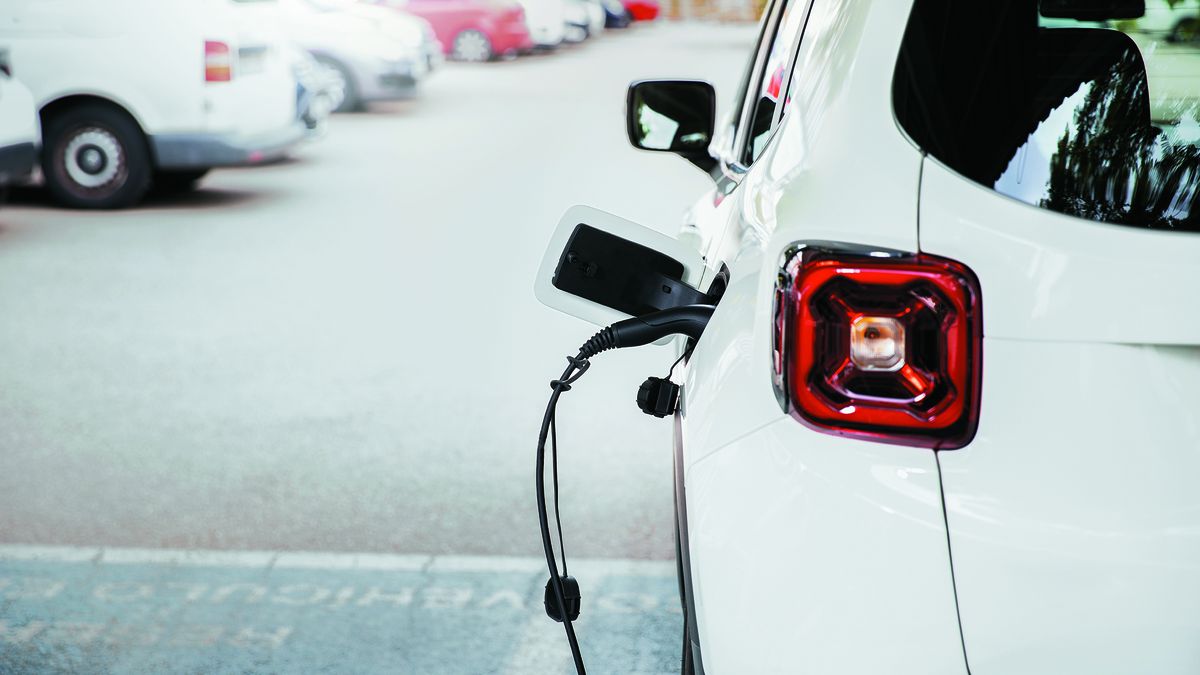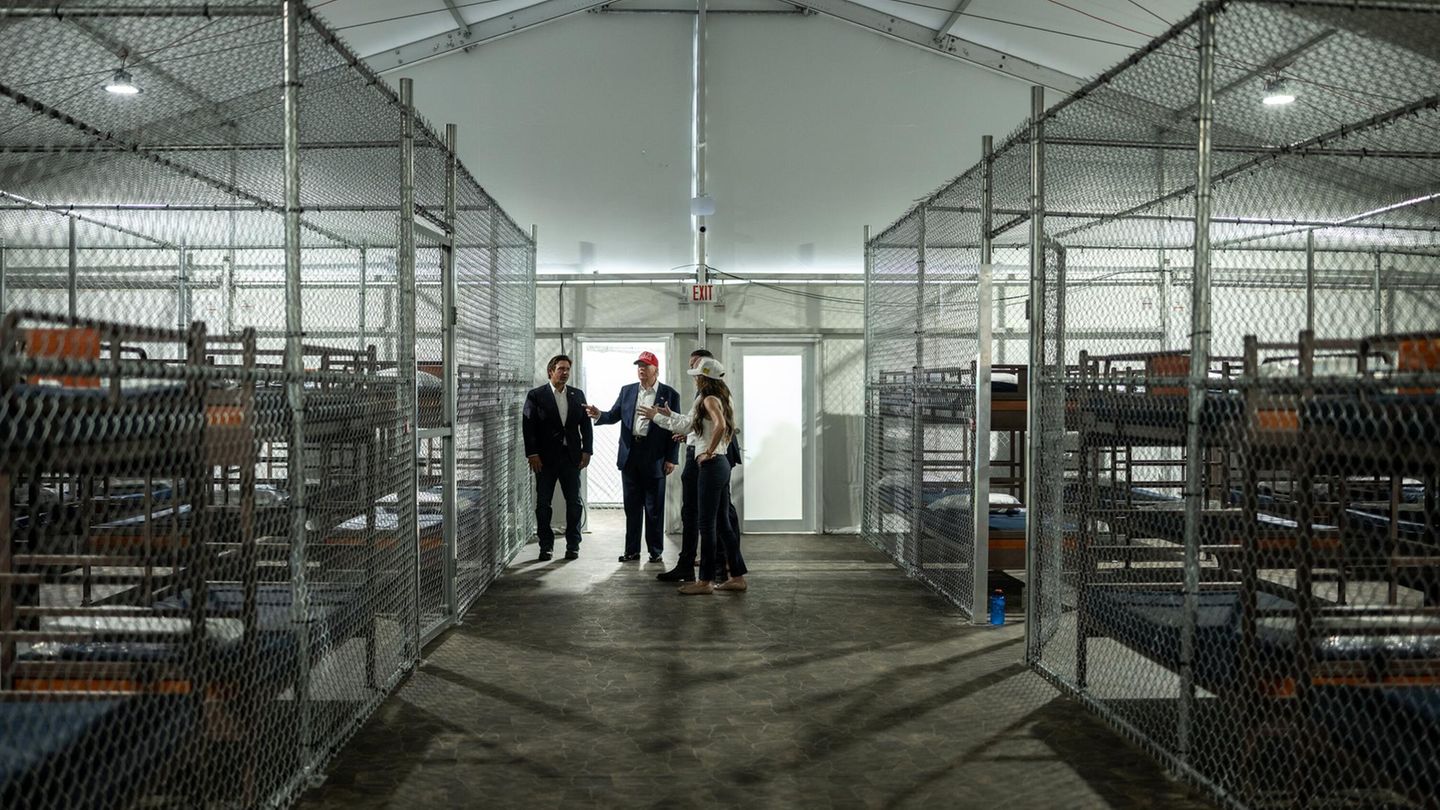However, these data contrast with the result of a study by the consulting firm Accenture – for which more than 6,000 people were interviewed globally – which shows that 47% of drivers worldwide are convinced that the future belongs to electric vehicles, while 57% say they will purchase an EV within the next ten years.
So far, EV makers have been successful by targeting technology enthusiasts and green pioneers. But that focus must now be expanded and targeted toward customers who prioritize reliability, security and affordability.
According to the study, 80% of drivers worldwide identify reliability, safety and price as main purchase criteria.
The Accenture report identified 5 groups of EV buyers, according to their interests:
• Strategists. With high purchasing power and urban, they are already inclined towards high-end EVs, valuing the luxury, innovation and status. They prioritize design, prestige and environmental credentials, looking for features that show their success to others. They represent 20% of the market.
• Individualists: Generally younger urban drivers, they are self-centered and prefer EVs for their modern technology and customization options. They look for a fun, standout design, valuing features that fit their active, independent lifestyles. They represent 25% of the market.
• Worried. They prioritize social and environmental well-being over materialism, seeking smaller and more sustainable vehicles. They see cars as practical tools, not status symbols, and are cautious about costs of EVs, charging infrastructure and overall reliability. They represent 21% of the market.
• Conservatives. They value security, routine, and familiar environments. They prefer reliable mid-size vehicles and are reluctant to EVs, waiting for their reliability to be proven and long term performance before considering switching from traditional vehicles. They represent 17% of the market.
• Sober. They prioritize simplicity over luxury and see price as the key factor in their decision making. Generally older and rural, they prefer smaller and more practical cars and, so far, they have not found suitable EVs. As late adopters, they focus on cost-effective mobility rather than advanced features. They represent 17% of the market.
According to the Accenture study, electric vehicle manufacturers initially prospered by attracting “Strategists” and “Individualists,” who are drawn to luxury, status and cutting-edge technology. However, these early adopters only represent a limited portion of the market.
Clients such as “Preoccupied,” “Conservative,” and “Sober” prioritize different factors. They are more concerned about reliability, affordability and how EVs fit into their daily lives. Issues such as charging infrastructure, high upfront costs, and potential lifestyle disruptions continue to discourage many from making the transition.
Lorena de León, CEO of Accenture Argentina, highlights that “to drive the adoption of EVs, it is crucial to understand these different motivations, whether it is a focus on sustainability, ease of use or profitability. By addressing these differences, automakers can close the gap between early adopters and the broader market, and accelerate the next wave of EV growth.”
Source: Ambito




